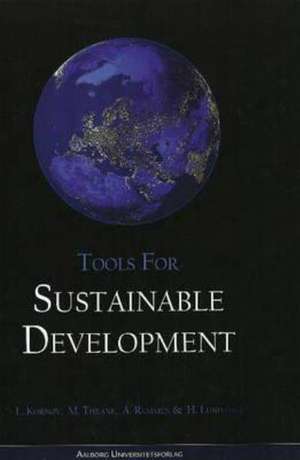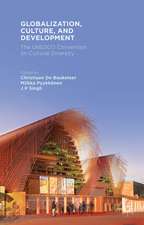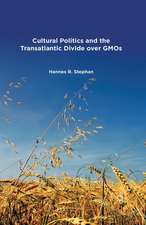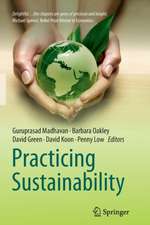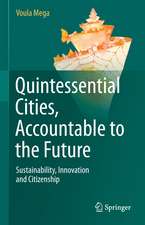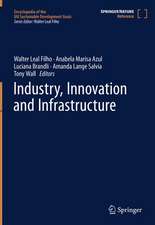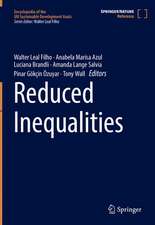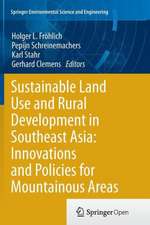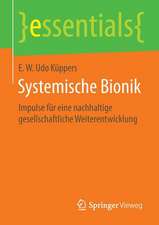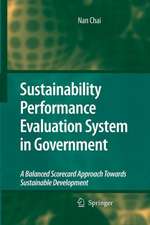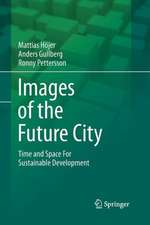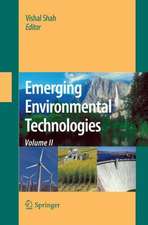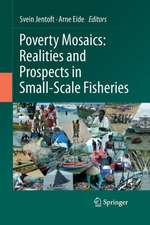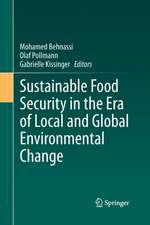Tools for Sustainable Development
Editat de Lone Kornov, M. Thrane, Arne Remmen, Henrik Lunden Limba Engleză Hardback – 31 dec 2004
Preț: 320.50 lei
Preț vechi: 349.79 lei
-8% Nou
61.33€ • 64.20$ • 50.74£
Carte disponibilă
Livrare economică 17-31 martie
Specificații
ISBN-10: 8773077976
Pagini: 754
Ilustrații: tables & charts
Dimensiuni: 175 x 241 x 63 mm
Greutate: 0.45 kg
Editura: Aarhus University Press
Locul publicării:Denmark
Cuprins
Preface; Introduction; Pollution Prevention; Cleaner Production; Cases of Cleaner Production; Environmental Management Systems; Experiences with Environmental Management Systems; Employee Participation in Environmental Work in Companies; Employee Participation -- Case Study; From Selective to Integrated Sustainable Reporting; Environmental Reports and Company Strategies; Life Cycle Thinking; Life Cycle Assessment; LCA Case Study of Pickled Herring; EcoDesign; EcoDesign at Ericsson Diax; Life Cycle Management; LCM -- Experiences from Danish Companies; Intro to Environmental Assessment of Projects and Planning; Environmental Impact Assessment; Environmental Impact Assessment -- Experiences; Strategic Environmental Assessment; Strategic Environmental Assessment in Decision-Making; Introduction to Sustainable Energy Planning and Policy; Interacticity in Planning: Frameworking Tools; Geographical Information Systems; Applications of GIS in Environmental Management; Two Energy System -- Analysis Tools; Two Energy System -- Case Analysis; Integrated Resource Planning; Integrated Resource Planning -- Energy and Water Cases; Feasibility Studies and Technological Innovation; Feasibility Study Cases; Risk Assessment and Alternatives; Public Participation; Tools, Decision-Making and the Planner.
Descriere
The global characteristics of environmental problems such as climate change and the need for more sustainable patterns of production and consumption, calls for new tools within the field of Environmental and Energy Planning and Management. The book introduces a comprehensive spectrum of tools, which are highly relevant for students, researchers and professionals engaged in environmental issues in companies, governmental institutions, NGOs etc. This book provides students and professionals with an overview of tools for sustain- able development, as well as guidance on how to assess impacts of products, product chains, projects, plans, programmes and policies. Discussions of the strengths and weaknesses of the different tools are highlighted, and the book gives an understanding of the contexts where the specific methods, tools and concepts are used in practice. Throughout the volume, examples are given on practical application.
